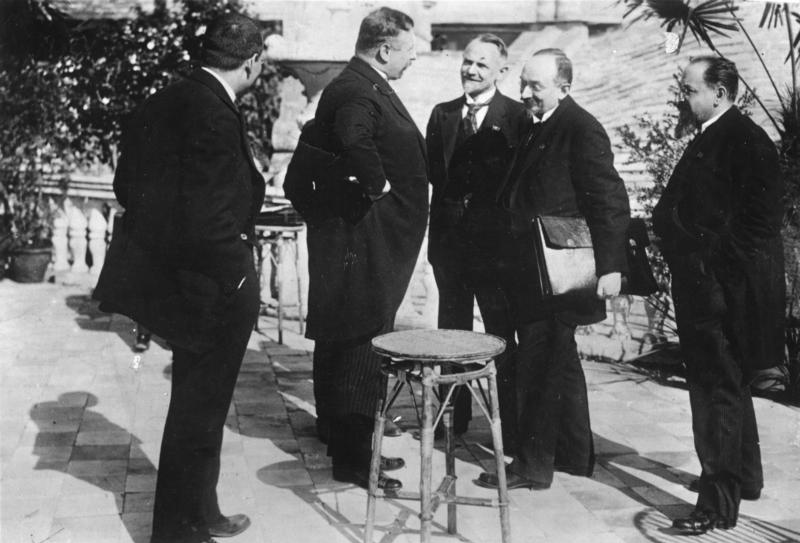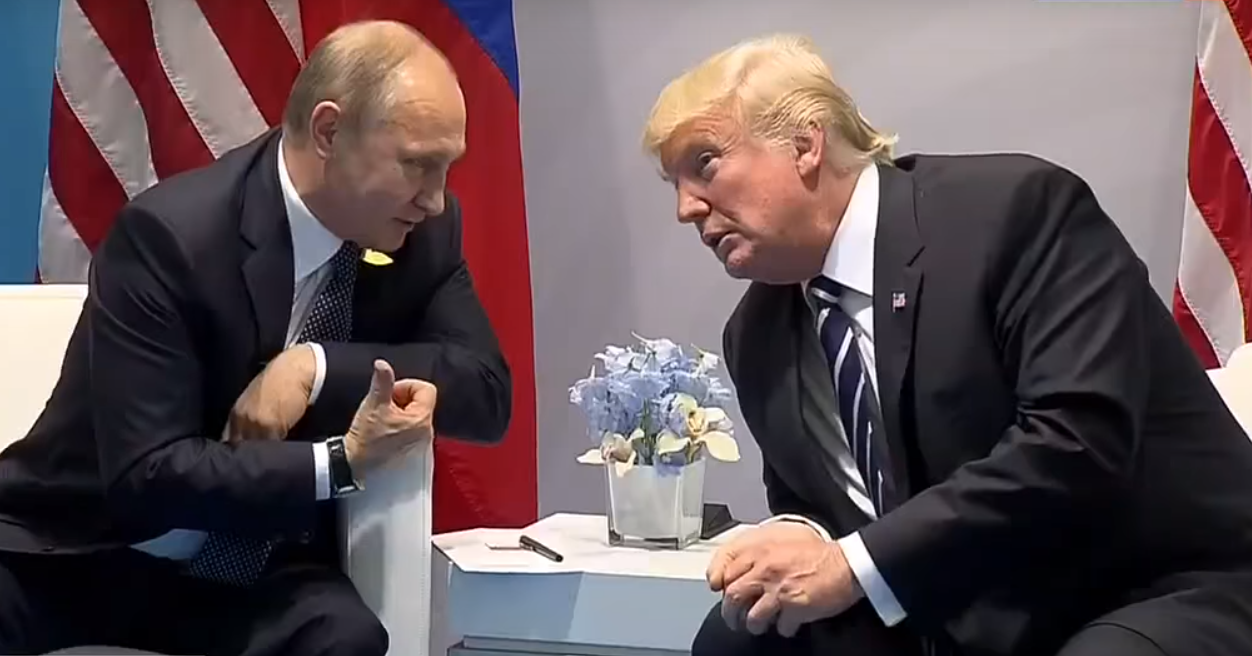Many especially in Eastern Europe feared that the first Putin-Trump summit in Hamburg could become a second Yalta, leading to a new dividing line in the continent with them on the wrong side. But in fact, Vladimir Abarinov argues, what occurred was rather a repetition of the 1922 Treaty of Rapallo
between Soviet Russia and Weimar Germany.
- Germany and Russia felt left out after the Paris Peace Talks.
- They signed the Treaty of Rapallo with each other.
- It was a treaty of friendship and co-operation.
- Following the treaty the two sides secretly established elaborate military cooperation, while publicly denying it.
- Russia allowed Germany to build heavy military equipment and train its military on its soil in defiance of the Treaty of Versailles.
That should not reduce concerns but rather increase them because the latest meeting by two “outsiders” who relish in that status like the two earlier “outsiders” who were forced into that position by war and revolution ultimately led to the Soviets helping the Germans illegally rearm after their defeat in World War I.

The difference between these two situations, the Moscow commentator says, is that “the US voluntarily has rejected the role of world leader and, on its own initiative, has set itself against the international community on such important issues as free trade, climate change and migration.”
Russia, in contrast, he continues, is isolated “as a result of its actions and now is trying to present sanctions as ‘a hidden form’ of protectionism.” But because of the path both leaders have pursued, their meeting in Hamburg like that of the Germans and Soviets at the time of the Genoa talks has all the earmarks of “a summit of the unjustly offended.”
And thus, Putin who has been forced into isolation has chosen to work with Trump who has relished in the status of an outsider, of a leader against the world, exactly the kind of cooperation that in the case of Rapallo led to so many negative consequences and may lead to more now.
At the very least, Abarinov’s insight suggests that Putin will play to Trump’s sense of being an outsider to increase tensions between Washington and Europe and thus play to the Kremlin leader’s fundamental goal of splitting the Atlantic world and thus giving Russia a much freer hand.
Related:
- Russia’s goals in Ukraine: toward a second Yalta?
- Putin and Trump may have chemistry but they don’t have physics to make a deal, Portnikov says
- Putin aide: Few in Kremlin expected US-Russian relations to deteriorate after Trump election
- Is a Russian Oliver Stone going to make a movie about Donald Trump?
- Trump-Putin bromance is far from over, despite Russia’s anti-American rhetoric
- It’s possible that Trump has Russian money – Russian commentator

